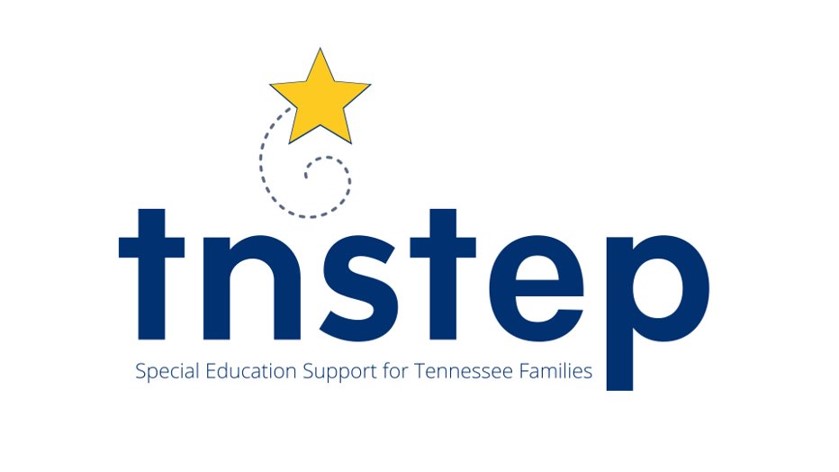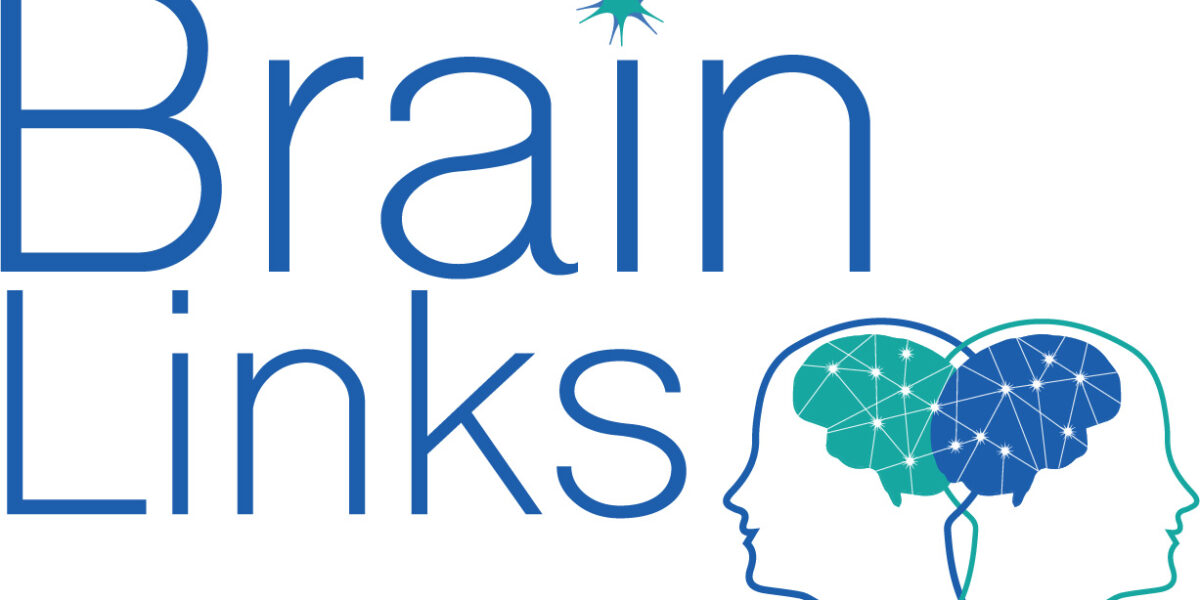- Trainings are free but registration is required
- All sessions are via Zoom and from 10:00 – 11:30 Central Time
- Complete a brief training survey and receive a Certificate of Attendance
This series is designed for Service Providers across all Systems of Support including Mental Health, Substance Abuse, Domestic Violence, ACEs/Trauma, Child Abuse, Chronic Pain, Homelessness, Criminal & Juvenile Justice.
Who Should Attend: Case Managers, In-home Service Providers, Counselors, Addiction Specialists, Court Representatives, Program Administrators, Shelter Workers, Advocates, Teachers, Case Workers.
November 9, 2023 10:00 – 11:30 Central Time: Understanding Concussion and Brain Injury – Register Today!
There’s a higher incidence of brain injury in at-risk populations than most realize. The same people often seek treatment for co-occurring needs, like substance abuse, mental health, domestic violence, chronic pain. The concussion (or more significant brain injury) must be properly identified for the person to fully benefit from support programs in other areas. We will discuss how to identify the signs and symptoms of TBI and what educational tools are available for staff and the people they serve.
January 11, 2024 10:00 – 11:30 Central Time: Cognitive Changes Following Brain Injury: Understanding Cognition & Developing Accommodations – Register Today!
This Brain Links training explains cognitive changes that may occur during developmental years or later in life through things like stroke, infection, tumor or traumatic brain injuries. We will explore the different aspects of cognition – or thinking – including: attention, memory, flexibility, problem solving, initiation, organization and planning. Learn specific strategies for each aspect of cognition to improve participation in support programs (mental health, domestic violence, substance use, court-directed, etc). We will also talk about how changes in cognition impact communication and the best ways to support someone with brain injury to communicate more effectively.
February 8, 2024 10:00 – 11:30 Central Time: Behavioral & Psychosocial Changes Following Brain Injury: Tips, Strategies & De-escalation – Register Today!
In this webinar, we will explain common behavioral and psychosocial changes following brain injury and developmental brain changes. Learn strategies to support people with these changes and how to analyze behavior from a cognitive-communication viewpoint. Techniques to avoid behavior escalation and key strategies to de-escalating a situation will be shared. You will receive user-friendly tools to support your current approaches for understanding behavior and developing strategies that fit.
Speakers Bio:
Jennifer Rayman, Ed.S., CRC, CBIS
Jennifer Rayman is a Certified Brain Injury Specialist with Brain Links, a grant-funded program of the Tennessee Disability Coalition, with over 20 years of experience in the disability field. Since 2003, she has supported people with brain injury (including concussion) and their families across the state. She enjoys developing and providing concussion and brain injury training to educators, healthcare professionals, families, and others. Jennifer is a Certified Rehabilitation Counselor with an Education Specialist degree from George Washington University where she studied Traumatic Brain Injury in students.
Wendy Ellmo MS CCC/SLP, BCNCDS
Wendy Ellmo is a speech-language pathologist and Brain Injury Specialist for Brain Links, a TN grant-based program supporting people with brain injuries. She is board certified by the ANCDS in neurologic communication disorders and was the Clinical Service Supervisor for JFK Johnson’s Center for Head Injuries’ Cognitive Rehabilitation Department where she worked with people with brain injuries for twenty years. She has served in many leadership roles, including President of the NJ Speech Language Hearing Association, and ultimately received their Honors of the Association Award for her distinguished service. Wendy is a Certified Brain Health Professional.

